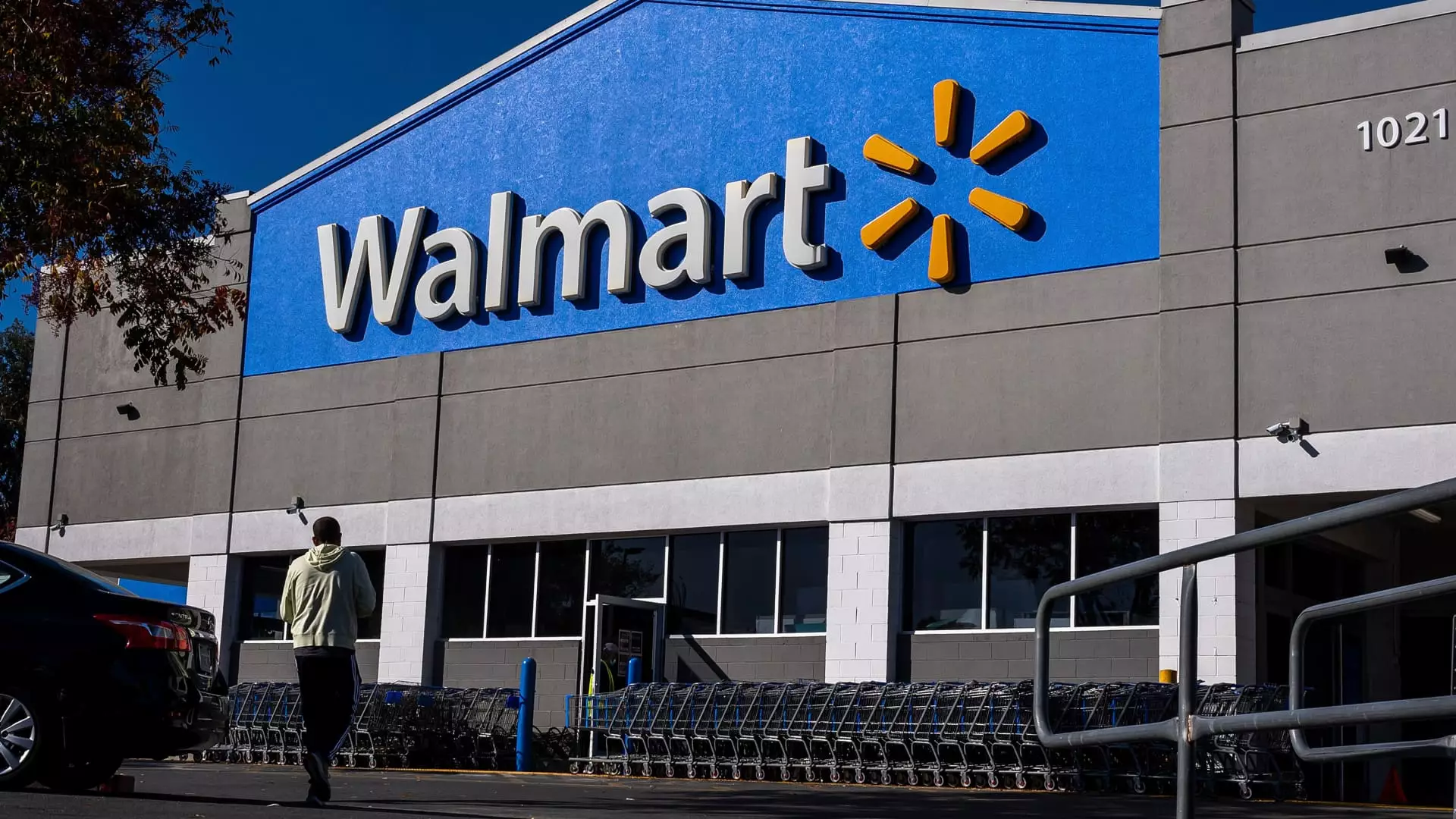In the wake of political changes and trade negotiations, the retail sector, particularly giants like Walmart and Lowe’s, faces potential upheavals due to proposed tariffs under the incoming administration’s policies. The notion of increased prices on consumer goods has prompted various retail leaders to analyze the anticipated impacts of such measures on their operational models and consumer prices. This article aims to dissect the perspectives offered by key players in the industry on this pressing issue.
John David Rainey, the Chief Financial Officer of Walmart, recently expressed apprehensions regarding the possibility of mandatory price hikes on some products should the proposed tariffs by President-elect Donald Trump come into play. Rainey articulated Walmart’s commitment to maintaining low prices, reflecting the company’s long-standing “everyday low prices” philosophy. Yet, he acknowledged that in some circumstances, prices might inevitably increase for consumers. This sentiment echoes a broader concern within the retail industry as businesses begin to prepare for the fallout from potential policy shifts.
Walmart isn’t navigating these challenges alone. Lowe’s, another influential retailer, has also stepped into the fray, addressing the implications of tariffs on their product sourcing and pricing. The CFO of Lowe’s, Brandon Sink, noted that approximately 40% of their goods come from international sources, intensifying the risk if tariffs are enforced. The number starkly highlights how interconnected the retail industry is with global supply chains, making them especially vulnerable to international trade policies.
The Broader Economic Ramifications
The warnings from Walmart and Lowe’s not only spotlight their immediate concerns but also represent a larger dialogue within the National Retail Federation. CEO Matthew Shay articulated that broad tariffs would behave as a taxation mechanism on American families, inflating prices and potentially resulting in job losses. This perspective underscores a critical economic viewpoint where tariffs could extend beyond the retail sector, affecting the entire economy by straining consumer purchasing power.
The specter of rising prices looms especially heavy as inflation rates in the U.S. had only recently begun to stabilize, allowing consumers some breathing room. The fear of reverting to a climate of cost hikes changes the shopping landscape, posing challenges for retailers as they strive to balance operational costs with consumer affordability.
Faced with this uncertainty, retailers like Lowe’s are not just passively waiting for events to unfold. CEO Marvin Ellison emphasized the company’s forward-thinking approach, engaging suppliers in strategic discussions about potential tariff implications. The proactive planning speaks volumes about the sense of urgency within the retail community to devise contingency strategies in anticipation of shifting economic conditions.
Such diligence reflects a recognition that tariffs do not merely alter pricing but could reshape entire business models. Companies are now rethinking their supply chain dependencies, with a notable trend emerging: a diversification of sourcing to mitigate risks connected with China-specific imports. This was articulated by Rainey, who mentioned that a substantial portion of Walmart’s goods—around two-thirds—are produced domestically, lessening its exposure to tariff impacts compared to other retailers.
As the U.S. retail landscape faces potential upheaval due to tariff considerations, the dialogue articulated by leaders at Walmart and Lowe’s reveals critical insights into the industry’s concerns and countermeasures. The unpredictability surrounding international trade and its implications for pricing strategies could fundamentally alter how retailers operate, compelling them to reassess their supply chains and product costs.
While the prospect of increased tariffs poses clear challenges, it could also prompt innovation and strategic diversification within the sector. Retailers that can swiftly adapt to these potential changes while safeguarding consumer interests will likely emerge stronger in a transformed marketplace. As the political climate evolves, the ripple effects on pricing, sourcing, and consumer behavior will be a vital narrative to watch in the retail ecosystem.

